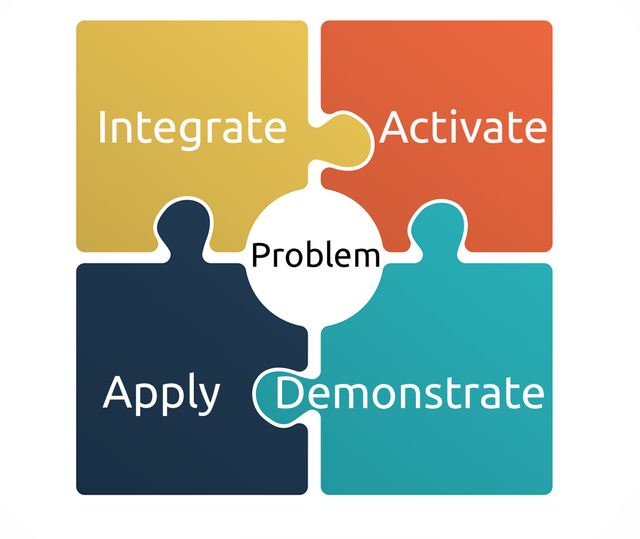Reasoning From First Principles - 15 Year Old Content

Let's begin this post with the definition of first principles:
A first principle is a basic, foundational proposition or assumption that cannot be deduced from any other proposition or assumption.
Easy way to understand first principles:
First principles are one of the most powerful methods for breaking down complex topics. There are two great ways of thinking of a problem, first, by analogue. When you are thinking by analogue, you break down things by the way things currently are, what you’ve seen, and or by what others have done or recommend. An example of this is, trying to understand human behavior in relationships by what you read on a website or see in a movie. Thinking by analogue is most of the time ineffective and rarely leads to true solutions to problems.
In the first principles method, you break something down into its most fundamental components. So to understand better , here is a great quote from Elon Musk.
“I think it is important to reason from first principles rather than by analogy. The normal way we conduct our lives is we reason by analogy. [When reasoning by analogy] we are doing this because it’s like something else that was done or it is like what other people are doing — slight iterations on a theme.
First principles is kind of a physics way of looking at the world. You boil things down to the most fundamental truths and say, “What are we sure is true?” … and then reason up from there.
Somebody could say, “Battery packs are really expensive and that’s just the way they will always be… Historically, it has cost $600 per kilowatt hour. It’s not going to be much better than that in the future.
”With first principles, you say, “What are the material constituents of the batteries? What is the stock market value of the material constituents?”
It’s got cobalt, nickel, aluminum, carbon, some polymers for separation and a seal can. Break that down on a material basis and say, “If we bought that on the London Metal Exchange what would each of those things cost?”
It’s like $80 per kilowatt hour. So clearly you just need to think of clever ways to take those materials and combine them into the shape of a battery cell and you can have batteries that are much, much cheaper than anyone realizes.” —Elon Musk
Benefits:
- First Principles thinking allows you to innovate in clear leaps, rather than building small improvements onto something that already exists.
- Seeing solutions that are hidden to people that only reference current market situations.
- Through first principles you can understand people in a very fundamental way. This leads you to better thinking around art, business, relationships and more.
Examples of first principles:
1. Eating healthy and losing weight is hard work. Plus, I have to give up certain foods.
First principles: What are we sure is true about eating healthy and losing weight? To eat healthy, you need to eat more whole foods to get a good balance of macronutrients and micronutrients. To lose weight, you need fewer overall calories each week. Is it possible to achieve those two things without it being “hard work” or requiring you to “give up certain foods?” Yes, you could hire a meal preparation service to deliver finished meals to you each week.
2. You have to be a risk-taker if you want to be a successful entrepreneur.
First principles: What do you need to be an entrepreneur? You need something to sell and a way to get paid. You need something to sell. Does it have to be a risky product or service? No. Many people buy ordinary products and services like pants and shirts and insurance. But what about leaving it all behind and starting your own venture? Isn’t that risky even if you sell something boring? There is no rule that says you have to start as a full-time entrepreneur. In fact, that’s one of the great things about entrepreneurship that there are no rules. Keep your day job and work on nights and weekends or, save up a big emergency fund before jumping in.
Conclusion:
When you reason from first principles, you start from some ideas you believe to be true, and then see if you can build a model of some part of the world that might be true. Good reasoning should require that the predictions match the known facts, and also do not predict anything that is clearly untrue. This is applied rigorously in science, much more loosely elsewhere. These were just a few examples I learned but there can possibly be millions of examples. All in all, I hope you enjoyed this read!
Until Next Time!
great post! I've heard Elon mention this idea of first principles before, but this really clarifies it. Thanks!
Thanks Josh!